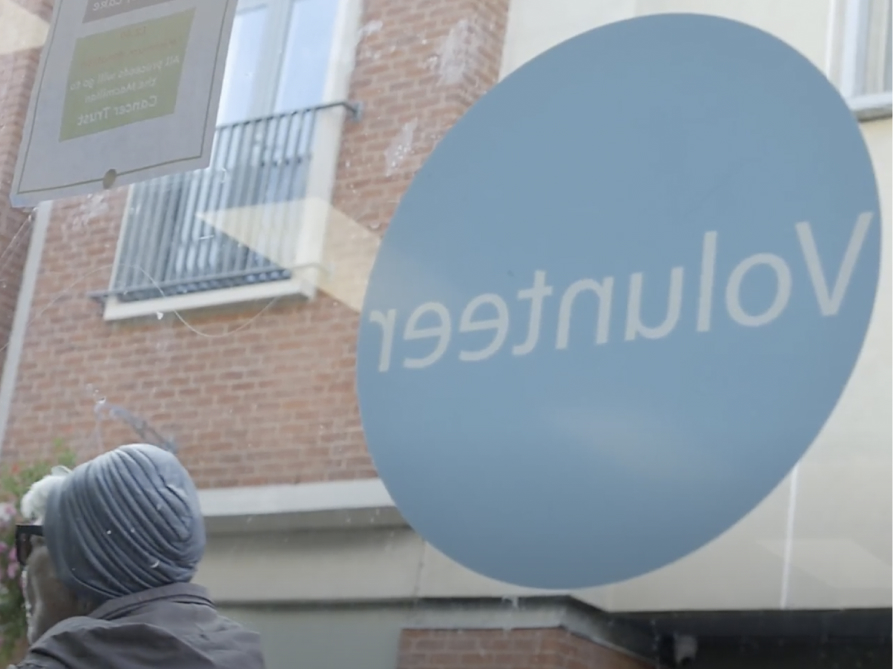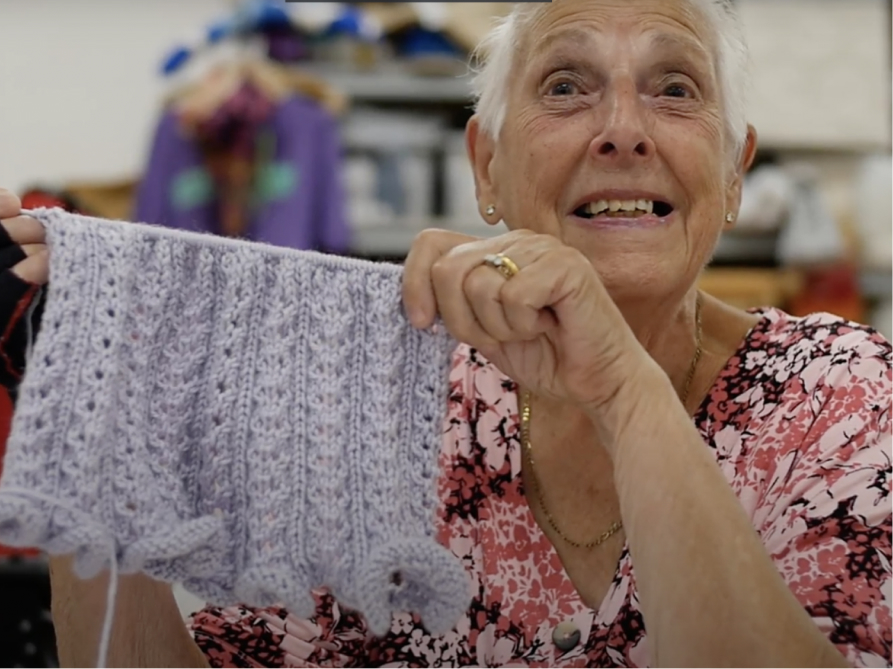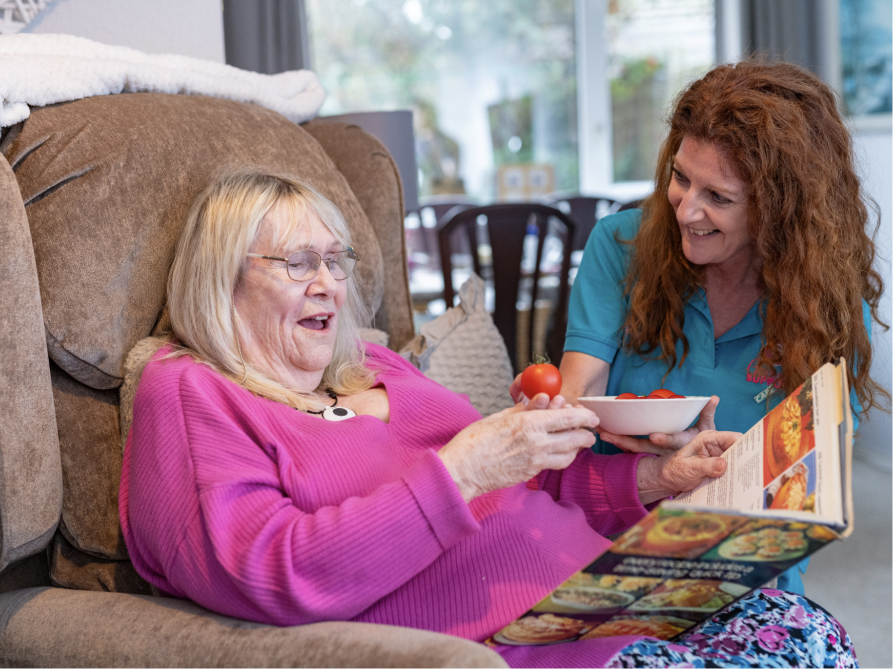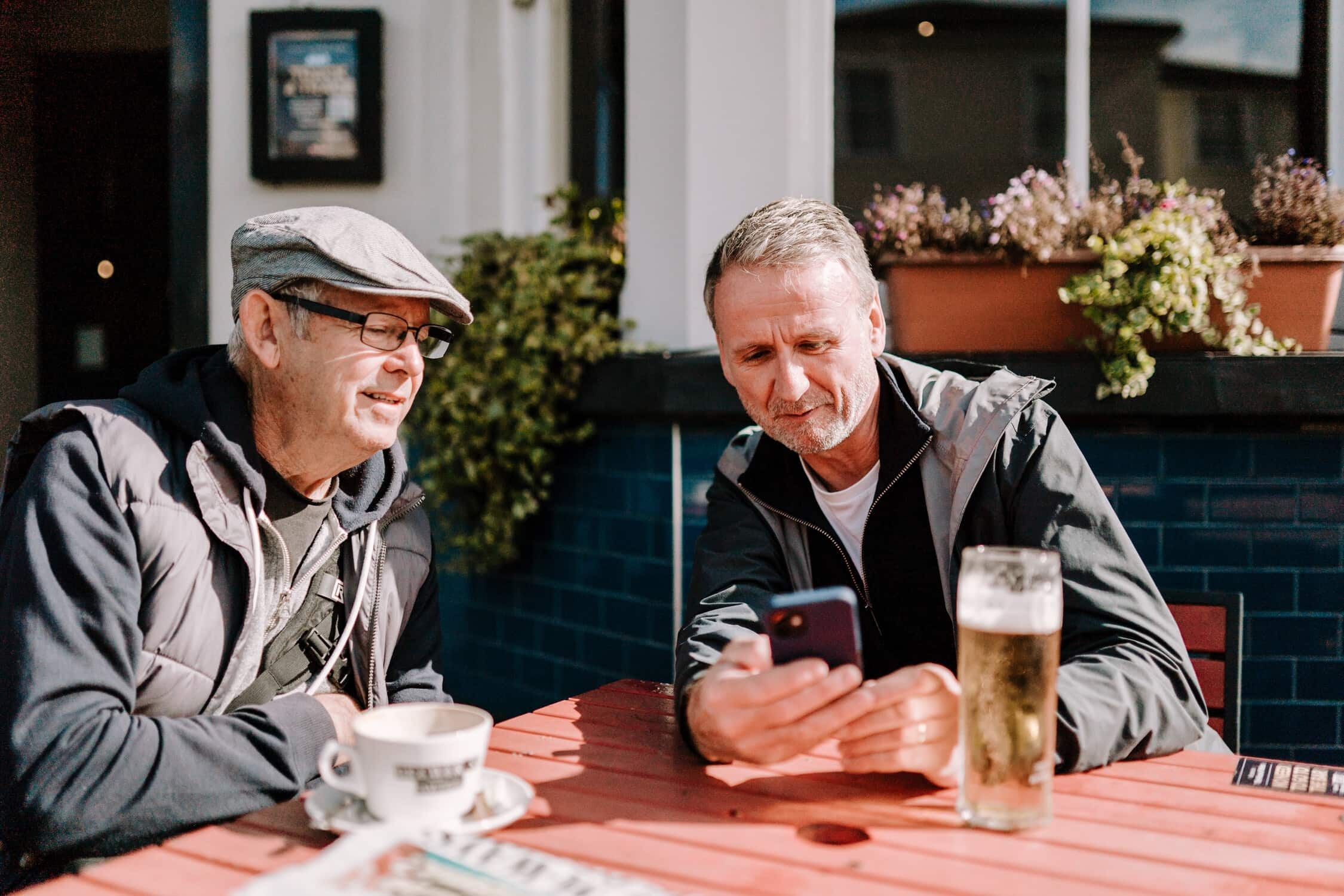An Enhanced
Community





People at the Heart of Care
Everyone at the Tribe Project was pleased that our work was recognised in a recent communication from the Care Minister for local authority Directors of Adults Social Services, setting out the Department of Health and Social Care’s innovation priorities related to its White Paper ‘People at the Heart of Care’.
Tribe was also included as an example of good practice in the Association of Directors of Adult Social Services (ADASS) ‘roadmap’ Time to Act.
How can Tribe help local areas to take forward these innovation priorities?
Tribe for Market Shaping
The Tribe Project is a digitally-led artificial intelligence (AI) innovation for market shaping that maps and predicts future patterns in demand for care and support, and helps to generate new capacity, connecting and growing diverse community provision to meet projected demand.

Tribe for Growing Local Micro-Enterprises
Tribe supports local people into high quality flexible employment, developing skills through access to necessary resources (including training, DBS, insurance) to trade safely, sustainably and legally as a community support provider.

Tribe for Harnessing Volunteers
Tribe works with local voluntary and community sector partners, using technology to help to grow, oversee and deploy volunteers where they can add most value.

Tribe for Social Prescribing
Tribe maps local community assets, helping link workers and social workers to identify suitable services and opportunities, while supporting the voluntary and community sector to scale, target its resources and gain recognition for its contribution to promoting health and wellbeing.

Tribe for Expanding Choice and Control
Tribe expands choice and control by helping to grow, diversify and map local community capacity and by allowing people to find and stitch together different sources of support and opportunities around their unique needs and goals.

Tribe for Supporting Unpaid Carers
Tribe helps people who are supporting people they care about to find local sources of support, to access training and advice on offering the best support, and should they wish, offers training to build on the skills they’ve developed through unpaid caring to become a paid source of care and support for others.
